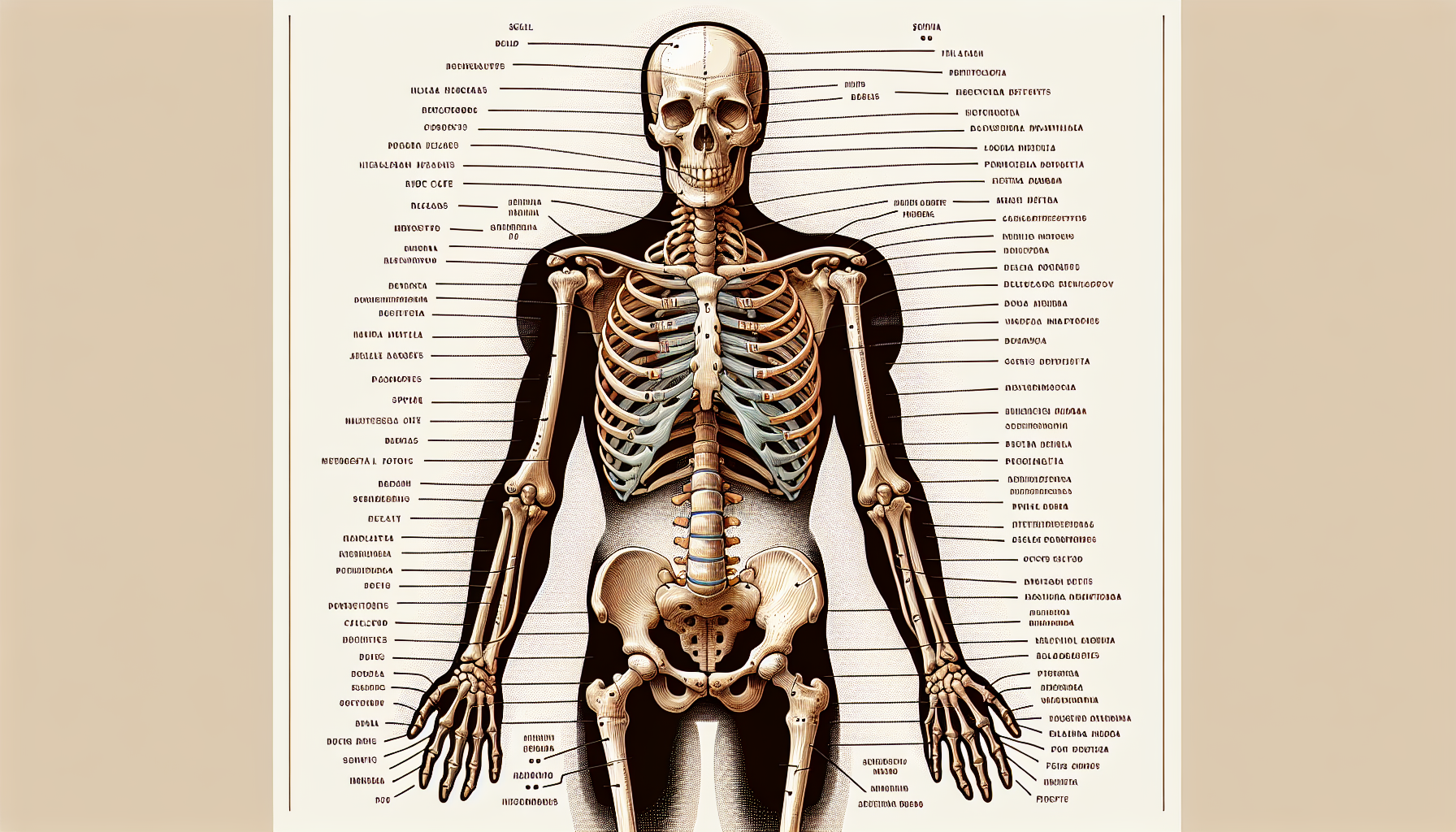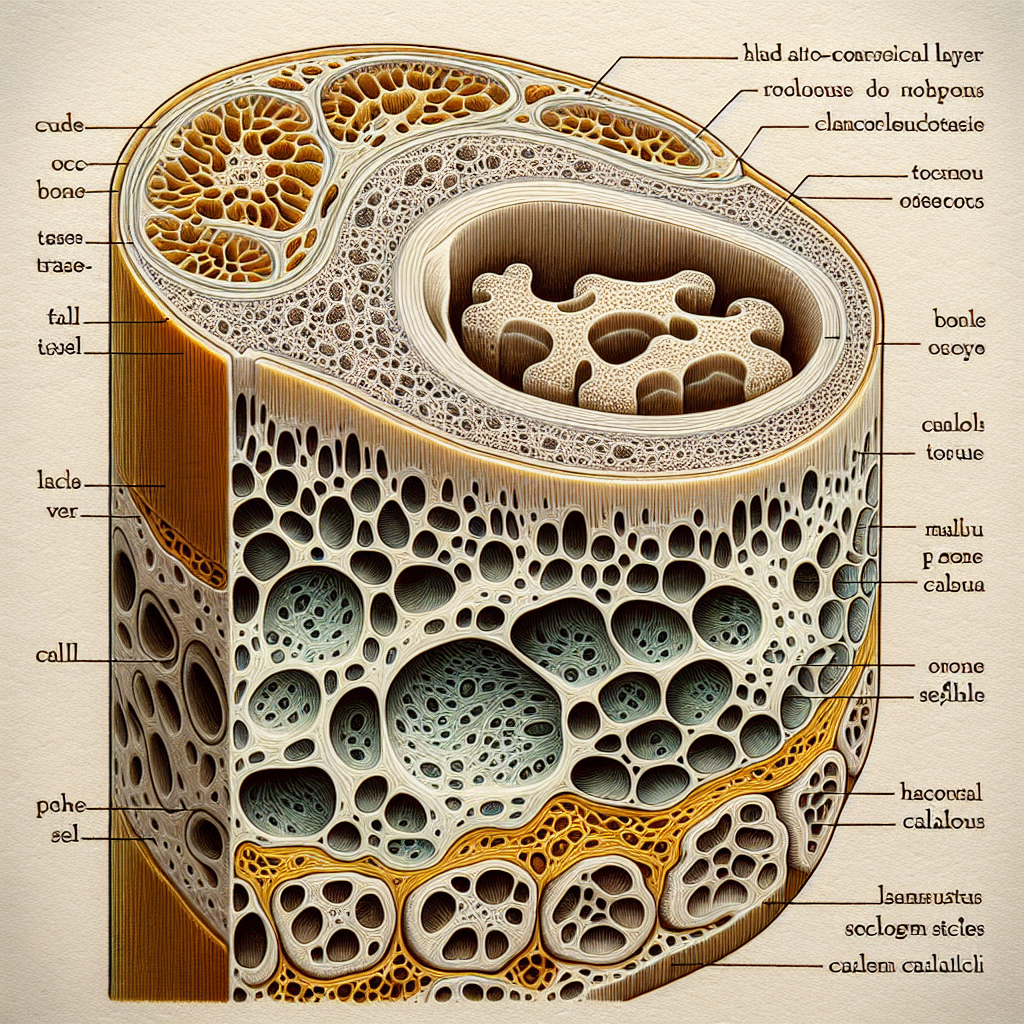Bone health is a critical aspect of overall wellness that often gets overlooked until problems arise. It’s surrounded by a myriad of myths that can lead to misconceptions and inadequate care. In this comprehensive guide, we’ll dismantle some common myths about bone health, provide evidence-based information, and offer strategies to maintain strong bones throughout your life.
Myth 1: Only Elderly People Need to Worry About Bone Health
While it’s true that aging can lead to bone density loss, bone health is a lifelong concern. Children and adolescents require adequate nutrition and physical activity to build bone density, which can serve as a "bank" for later life. For more on the importance of early bone health, explore Childhood Nutrition and Long-term Bone Health.
Myth 2: Calcium is the Only Important Nutrient for Bones
Calcium plays a vital role in building and maintaining strong bones, but it’s not the only nutrient that matters. Magnesium, vitamin D, and phosphorus also play crucial roles. For a deeper understanding of this balance, read about Balancing Phosphorus with Calcium for Bone Health. Moreover, emerging research suggests magnesium’s importance in bone health, as highlighted in "Bone Health: The Benefits of Magnesium" (link unavailable).
Myth 3: Osteoporosis is Only a Woman’s Disease
Osteoporosis does affect more women than men, primarily due to hormonal changes after menopause. However, men are not immune. Factors such as low testosterone levels and lifestyle choices can also lead to bone density loss in men. The article on Combating Bone Density Loss during Menopause provides additional insight into this topic.
Myth 4: Exercise is Dangerous for Those with Weak Bones
On the contrary, weight-bearing exercises are recommended to strengthen bones. The stress on the bones during physical activity prompts bone-forming cells to work, thus enhancing bone density. Find out more about suitable exercises in "Weight-bearing Exercises for Stronger Bones" (link unavailable).
Myth 5: Bone Density Tests are Only for People with Symptoms
Bone density tests can be a preventative measure. They help detect osteopenia (mild bone loss) and osteoporosis before fractures occur. Even those without symptoms can benefit, especially individuals with risk factors such as a family history of bone disease.
Myth 6: Sun Exposure for Vitamin D is Unhealthy
While excessive sun exposure can increase the risk of skin cancer, moderate sun exposure is necessary for the body to produce vitamin D, which is essential for calcium absorption. The key is to balance sun protection with adequate sun exposure. For more on the importance of vitamin D in bone health, refer to "Maximizing Calcium Absorption for Bone Strength" (link unavailable).
Building and Maintaining Strong Bones
Understanding the myths is just the beginning. Let’s delve into the strategies for robust bone health.
Nutrition
A balanced diet rich in calcium and vitamin D is foundational. Leafy greens, dairy products, fish, and fortified foods are excellent sources. Don’t forget other minerals like magnesium found in nuts and seeds, and potassium, which is abundant in fruits and vegetables.
For those who follow a plant-based diet, check out Bone Strengthening Strategies for Vegetarians for tips on maintaining bone health without animal products.
Exercise
Engage in regular weight-bearing and muscle-strengthening exercises. Activities like walking, jogging, and resistance training can help build and maintain bone density.
Lifestyle Choices
Smoking and excessive alcohol consumption are detrimental to bone health. Quitting smoking and moderating alcohol intake can significantly benefit your bones. Learn more about the negative impacts of these habits at "The Effects of Smoking on Bone Health" (link unavailable) and "Alcohol Consumption and Bone Health" (link unavailable).
Medication and Supplements
In some cases, supplements may be necessary to ensure adequate intake of essential nutrients. Always consult with a healthcare provider before starting any new medication or supplement regimen. You can find more information on the role of supplements in bone health at Medication & Supplements.
Regular Check-Ups
Don’t wait for symptoms to arise. Regular bone density screenings, especially for those at higher risk, can help catch issues early when they are most manageable.
Supporting Evidence from External Resources
To further validate the importance of a comprehensive approach to bone health, we’ve curated a list of external resources:
- A study on the role of potassium in bone health, which underscores the nutrient’s significance beyond calcium and vitamin D.
- Research from the National Osteoporosis Foundation detailing exercise recommendations for those with or at risk of osteoporosis.
- An analysis on the impact of smoking on bone healing that highlights the negative effects of tobacco on bone repair processes.
By addressing the myths and adopting healthy lifestyle choices supported by scientific evidence, you can maintain strong bones and reduce your risk of bone-related health issues. Remember, bone health is a crucial component of overall well-being, and it’s never too early or too late to start taking care of your bones.



